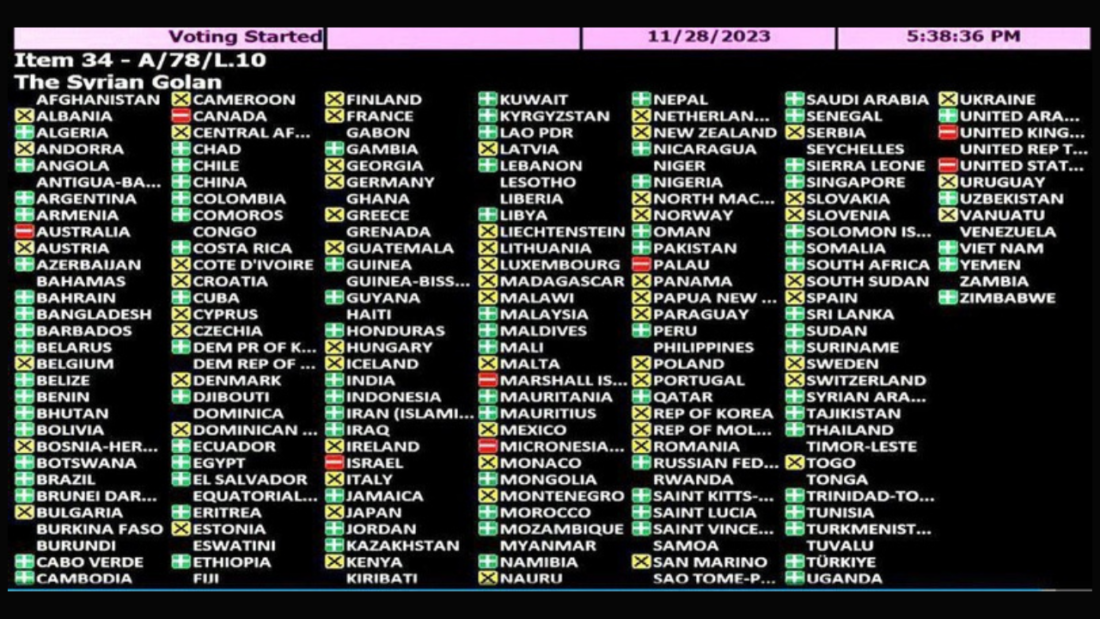
Speech by Yiorgos Loucaides, AKEL member of the Cypriot delegation to the Parliamentary Assembly of the Council of Europe (PACE) and President of the PACE Subcommittee for the Middle East and the Arab world
12th June 2020
The truth is that developments in Libya and the Middle East are objectively and inextricably linked to one degree or another to everything that is happening in the wider region of the Eastern Mediterranean.
In our region, pending problems in the past – such as the Middle East problem, the Cyprus problem, the Kurdish crisis – have intercrossed with new issues, such as the war in Syria and Libya, creating an explosive mixture. Militarization, foreign interventions and “proxy” wars, military occupations and colonisations, the uprooting of peoples as refugees and bloodshed, instability and insecurity are all unfolding in the arena of geopolitical and energy competition, which unfortunately have put the region in the eye of the storm.
At the same time, this whole scenario is connected, affected and affects Europe too. The flow of refugees from North Africa and the Middle East to Europe is the most obvious – but not the only – aspect of the consequences of this situation on the European continent. The so-called “Memorandum of Understanding” between Turkey and the al-Sarraj government in Libya – which violates the sovereign rights of neighboring states and has been described by the EU as non-existent – is another expression of the impact of foreign interventions in Libya.
Today, we are hence called upon to discuss and pose questions such as:
- How can we put a real end to the bloodshed and foreign interventions in Libya through a peaceful political solution and how is the UN arms embargo in the end being implemented? What responsibility do the European states bear for the collapse of Libya and the current context?
- What position do we adopt on the “Deal of the Century” between the United States and Israel on the Middle East, given that it clearly violates international law and the relevant UN Resolutions? How will there be peace and security, which is so desired by the citizens of Israel, if things proceed in an inflammatory direction, increasing the dangers for the region as a whole?
- How do we, as members of Parliaments, contribute to what I consider should unite us all and is the key answer to all the different issues that plague the region, that is, the respect for international law, the sovereignty of states and the implementation of the Resolutions of the UN on each of these issues?
With these thoughts in mind, I hope we have a lively and fruitful dialogue that covers if possible all aspects of the issue.




